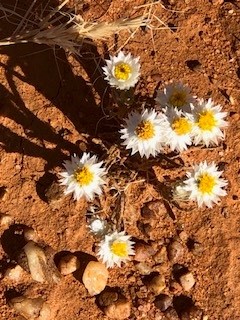
What is It?
Truth-telling is a vital practice that involves acknowledging and sharing the full history of a people or place, including the difficult and often painful truths that have been silenced or overlooked. In the context of Australia’s Indigenous communities, truth-telling is an essential process of bringing to light the stories, experiences, and histories that have long been marginalised or forgotten. It is about honoring the voices of those who have endured the impacts of colonisation, dispossession, and systemic discrimination, and ensuring that their stories are heard and respected.
At Putama, truth-telling is not just about recounting facts; it is about creating a space for deep listening, reflection, and understanding. It involves engaging with the lived experiences of Indigenous peoples, recognizing the ongoing effects of historical injustices, and committing to a process of reconciliation and healing. Truth-telling challenges us to confront uncomfortable truths, but it also opens the door to a more honest and respectful relationship between Indigenous and non-Indigenous Australians.
Our Quality Work
Putama’s commitment to truth-telling is not just about recounting history but about creating a shared understanding that can lead to meaningful reconciliation. Their approach recognizes that truth-telling is a collective responsibility and involves both Indigenous and non-Indigenous Australians in the journey towards a more equitable society. This ensures that their work is not performative but aims for lasting structural transformation.
This focus on integrity, cultural safety, and experiential learning makes Putama a leader in truth-telling practices, setting a high standard for quality and impact in their work.
